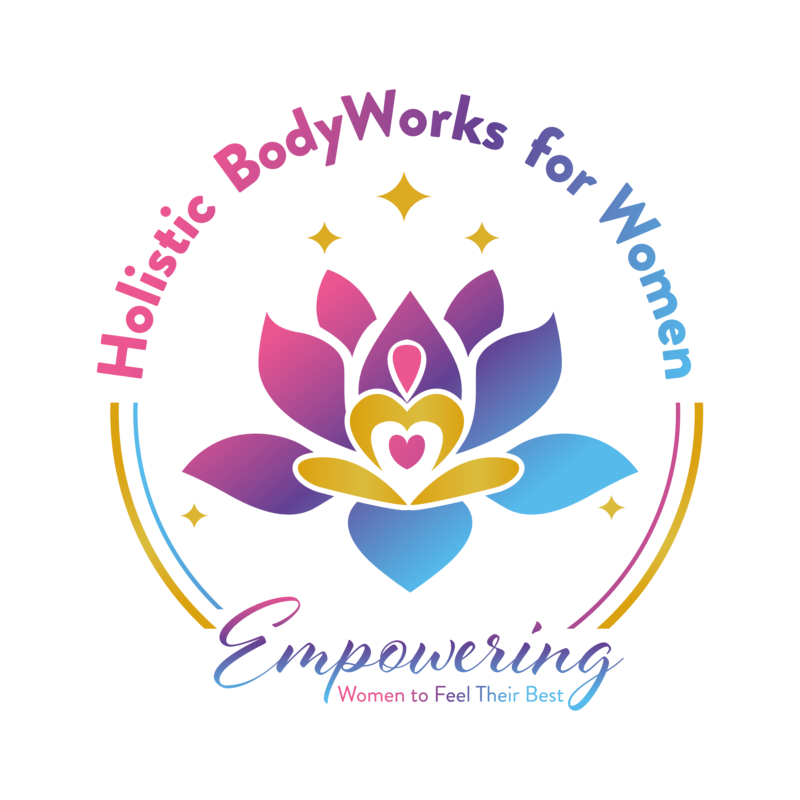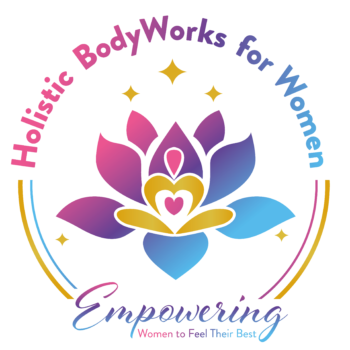When it comes to the symptoms of menopause—both physical (hot flashes, chills, sleep changes) and mental (anxiety, irritability, depression)—finding relief can be as urgent as it is complicated.
Because every person going through menopause will have differing levels of severity when it comes to their symptoms, the same goes for what will help with the issues. For some, making changes to their diet may help, while others may find aid in the form of acupuncture.
But how about the alternative medicine called energy healing, also known as Reiki? As the practice becomes increasingly popular, we wondered if the centuries-old Japanese technique might also help those who are going through menopause.
What is Reiki?
Reiki is, in the simplest terms, “universal life force energy.” That’s how Reiki of San Diego founder Sara Mitteer, CRMT, RYT, CHT, CCH, explains it, adding, “It is the energy that exists inside of all living beings that give us life force and keeps us healthy and vital.”
Anxiety specialist and Reiki master Heather Rider of Austin says that a Reiki practitioner channels that healing energy, “which the client then receives.” Nothing is “pulled” from the client’s mind and body, Rider assures, instead, “they receive Reiki energy.”
“By the time you feel something in your body, either an emotional response or a physical ailment, it’s because you’ve processed something through your energy system,” Rider says.
And, just like your experiences with menopause, the way you react to Reiki may very well differ from person-to-person.
“When receiving Reiki, people have all sorts of interesting sensations,” Rider says, adding that common responses can include a feeling of floating or sinking, seeing bursts of color (or patterns or shapes) behind the eyes, sensations of hot or cold throughout the body, or the sensation of being touched.
How Does Reiki Work?
Reiki will vary by practitioner and client. For instance, some practitioners may use hands-on healing techniques. “During a Reiki session, you will lay fully clothed on a treatment table while the practitioner lays their hands either gently on you or around you,” Mitteer says. “Some practitioners do strictly hands-off healing, [and] both techniques are equally effective.”
Some of those hands-off techniques can include something like therapeutic dialogue and discussion. This practice, explains Brooklyn-based intuitive energy healer Rebecca Conran, CHHC, allows the practitioner to “understand which energy frequencies need care based on a person’s belief systems, emotions and behaviors that a client is struggling with.”
Conran also notes that healing can even be done using only the eyes. “Meaning [I can heal] many of my clients via just the act of being seen or looking into my eyes [and they] can have profound healing moments of release.”
Whatever type of Reiki healing you try, Mitteer says most people “feel really relaxed and enter into a deep state of consciousness that feels like they are somewhere in between being awake and asleep.”
How Does Reiki Help With Menopause?
Whether experiencing the symptoms of perimenopause or menopause, Rider says Reiki can be beneficial because it taps into both your body and your emotions. “Reiki helps to balance the chakra system,” Rider says, adding, “With menopause or perimenopause, the sacral chakra is most likely affected.”
The sacral chakra, Rider explains, is located just below the navel and is responsible for the “expression of sexuality and sensual pleasure, among other things.” When the sacral chakra is out of balance, whether it be overactive or underactive, the symptoms of menopause may be heightened.
“Reiki can bring the chakra system back into balance, helping alleviate both the physical and emotional symptoms,” Rider says.
In addition to all of this, Mitteer notes that Reiki can help with regulating hormones, and circadian rhythms, alleviating stress, promoting healthy circulation, and eliminating toxins from the body.
Whatever your menopause-related symptoms are, Conran says that Reiki “helps us to understand any mental and emotional issues that may be exacerbating pain in the body, creating a chemistry that, rather than promoting comfort, is promoting stress within.”
How Many Reiki Sessions Are Needed To Feel Results?
Yet again, this will be dependent on the person and their symptoms, as well as their response to Reiki healing.
However, Rider says that most people tend to feel better after just one Reiki session, it’s good to try multiple sessions (4-6 are generally suggested), spaced out around 3-4 weeks apart.
“I describe the process of repeat sessions as ‘peeling back the layers,’” Rider says, “because each Reiki session is helping to heal up core physical and emotional issues, which may or may not be obvious to the practitioner or the client.”
Will Reiki Interfere With My Other Therapies And Medications?
If you’re going through perimenopause or menopause, you may already be on medication or trying other therapies or practices to help with your symptoms.
The good news is, that Reiki should not interfere with any of these. In fact, Rider says that Reiki may be complementary to other healing practices, like yoga and acupuncture.
When it comes to medication, however, you should consult with your doctor before starting any new treatments regarding possible side effects.
Conran also notes that while Reiki can be quite powerful and effective, it’s not a cure-all, and it should be one part of keeping yourself mentally, emotionally, and physically healthy through every phase of life.
Are There Any Side Effects To Reiki?
Because Reiki may cause you to have a euphoric and/or emotional release, Rider says that some people may experience a “coming down” a few days later, causing them to feel grumpiness or sadness.
Like with any “detox,” Conran says, the initial energy clearing may bring up some things, i.e. once-repressed emotions, that are now released. “This is why it’s recommended that sessions be done over a period of a few [weeks or] months, so that we are not just ripping the band-aid off and causing more harm than good,” she says.
There may also be some physical symptoms that arise after a Reiki session. “Sometimes after a clearing, a client may feel like they are getting a cold which never fully materializes, or they may feel tired and achy,” Conran says. “Much like a massage, this is all part of clearing the body so that it can do its job easily and intuitively.”
If you are experiencing any of these reactions to your Reiki healing, Mitteer says that drinking lots of water, resting, and taking Epsom salt baths will help the process.
But all of this “turbulence,” so to speak, is actually beneficial in the long run, Rider assures. “While there may be some initial emotional or physical discomfort, it’s worth it in the end.”
If you would like to try a session please feel free to book a session online or reach out to me, I would love to hear from you! https://holisticbodyworksforwomen.com/
Written By Aly Semigran

